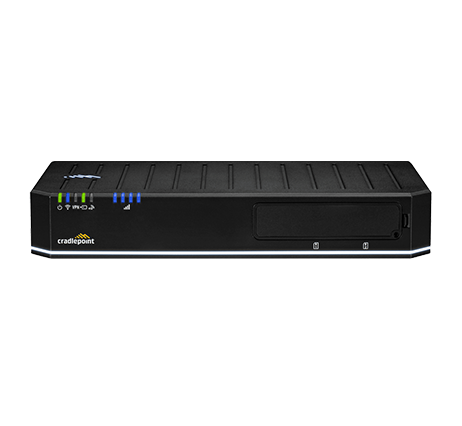

They also talk about the difficulty of time zone math and other problems with programming for time zones. The most interesting things they learned while building the parser are listed including some of the surprising results they got while testing the library. David and Cory explain what cereal time is and how it will soon be usable in the parser. The panel asks about future plans for the date-time parser.
Parsec technologies code#
They go into more detail of what it was like to code in nimble parsec and give tips for optimizing performance with the library. Cory and David explain that it was easy to use and a little slower than libraries found in other languages but still fast enough for production. The panel expresses their interest in nimble parsec and asks our guests to share their experience using this library. They talk about their first attempt at the parser and explains that it was a disaster.

David and Cory explain why they decided to build a date-time parser after finding a problem in Timex and other time libraries. They express gratitude at the support they received from Taxjar at open-sourcing the project.īefore moving on to the next way to contribute the panel stops for a moment to ask Cory and David about their date-time parser. Cory and David share their experience getting their date-time parser open-sourced. The next form of contributing the panel discusses is open-sourcing projects. The panel all thanking him for his contribution. While David shares a little of his background, he shares his first experience contributing to the elixir code by submitting a pull request about asdf. The first way to contribute to the Elixir community is contributing to the Elixir core code. In this week’s episode of Elixir Mix the panel is joined by David Bernheisel and Cory Schmitt, from Taxjar, to discuss the different ways developers can contribute to the community.


 0 kommentar(er)
0 kommentar(er)
